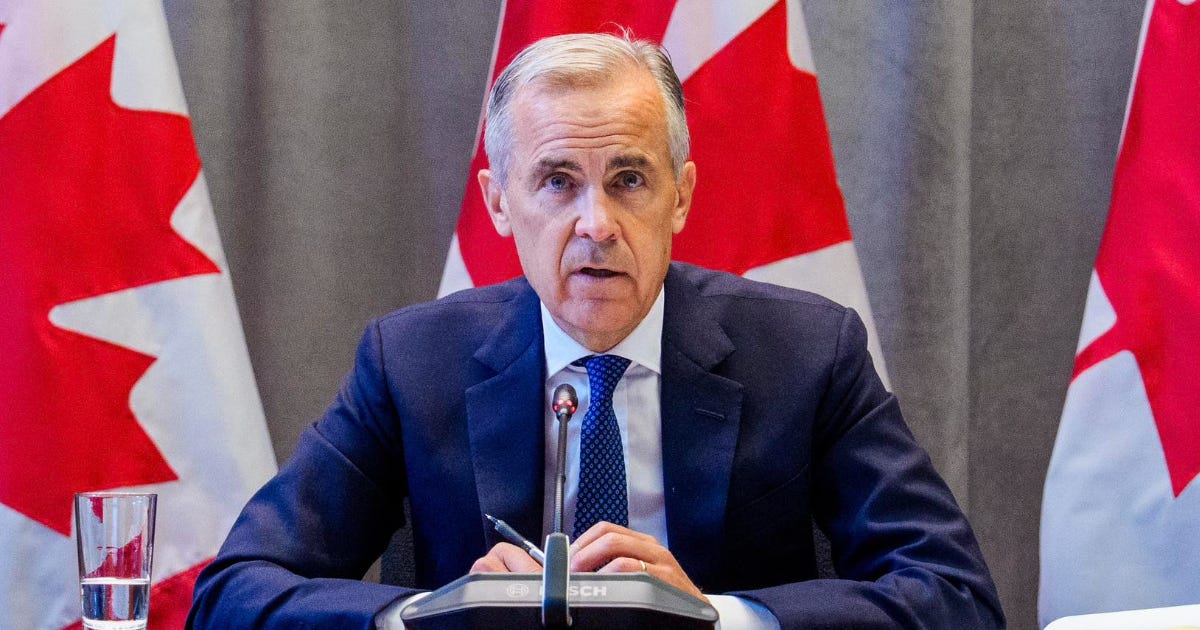PBO likens Liberals’ new fiscal anchors to kids marking their own homework
The Liberals don’t want the framework of their budget to be further reviewed by an independent body, instead saying that they themselves have been “decidedly transparent” on the issue.
The Liberals don’t want the framework of their budget to be further reviewed by an independent body, instead saying that they themselves have been “decidedly transparent” on the issue.
Interim Parliamentary Budget Officer Jason Jacques continued to sound the alarm on the Carney government’s hasty decision to change the definition of certain fiscal anchors in Budget 2025, saying it gives the Liberals “full discretion” over their newfound and unsubstantiated metrics.
“The moment it entered into the territory of, this is our new fiscal anchor, this is how Canadians can judge our performance, and this is how we’re going to communicate with parliamentarians … it turned it into something that certainly requires greater transparency,” Jacques told the House of Commons finance committee on Monday.
According to Jacques, the federal government shouldn’t be allowed to alter long-established and understood fiscal anchors without parliamentary debate and the review of an independent body for scrutiny.
However, John Fragos, press secretary for Finance Minister François-Philippe Champagne, said the Liberals’ decision to change Ottawa’s budgeting approach doesn’t require any additional explanation.
“We’ve been decidedly transparent and forthcoming in disclosing our plan to spend less so we can invest more in the projects, programs and infrastructure that grow the economy, all while exercising fiscal prudence,” said Fragos.
One of the Liberals’ targets is to annually reduce Canada’s deficit-to-gross domestic product ratio over the next few years. Another is to balance the operating budget within three years, while the last is to decrease the deficit-to-GDP over that same period.
However, the government has since walked back its debt-to-GDP target in its latest budget, with Fragos saying last week that the “fiscal anchors” must “reflect the balance between fiscal prudence and the macroeconomic reality.”
“When I read through the budget, I did find that it was very vague. It was not clear what was included as a capital investment and what was excluded from it,” said Conservative MP Sandra Cobena to Jacques on Monday.
“I think that the government was intentional in its vagueness, and as a finance professional, I felt that that was surprising because it’s such an important term. You would expect it to be clearly laid out.”
The PBO, which is itself an independent body from the government, has taken issue with Budget 2025 changing these definitions without public consultation or “any of the information being published.”
Budget 2025 introduces a new split between “operating” and “capital” spending, with a promise to balance the operating budget by 2028-29.
However, a recent PBO report called the government’s definition of capital investments “overly expansive,” saying it includes spending not considered capital formation under well-established international frameworks.
Cobena said that it was “shocking” that a separate independent body was necessary to “police the numbers,” and asked Jacques why he felt this was needed.
“It goes back to the fundamental principle of separation of responsibilities, which is an accounting concept,” he responded. “Fundamentally, you want to ensure that the people coming up with the budget, and then evaluating whether they’ve met the target, that those individuals don’t have control over the definitions.”
Jacques likened the Liberals’ current budget framework to his 17-year-old son deciding what his homework assignment would be and then marking it himself.
Cobena then asked whether his calls for another independent review would still stand, had the Carney government not changed these long-held definitions.
“The moment it entered into the territory of ‘this is our new fiscal anchor,’ and ‘this is how Canadians can judge our performance,’ and ‘this is how we’re going to be communicating with other parliamentarians,’ it became an issue,” he said.
“It turned it into something that requires greater transparency and greater controls so parliamentarians can understand it, look at it and deliberate over it.”
Jacques noted that the Liberals’ new definitions mark a departure from the fiscal anchors understood by the Accounting Board, Statistics Canada and the United Nations.
When asked whether Carney or Finance Minister Francois-Phillippe Champagne had given him “any confirmation or assurances” that they would adopt the PBO’s recommendation of an independent body, Jacques replied, “No.”




The weak minded low information Canadian legacy media addicted voters continue to suck up this swill from the Liberal/NDP/Block coalition government, no different than the last 10 years of the little trudeau boy. After watching the crash and burn this week of Danielle Smith being bought off by Liberal promises of fairies & unicorns I realize there is no hope for Canada, we must sink to the lowest possible depths and then maybe then we can start to rebuild.
Humm......
Liberals likened to KIDS...
YEP... Perfect.